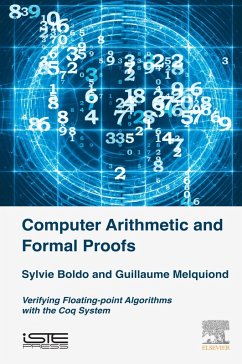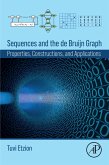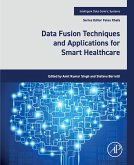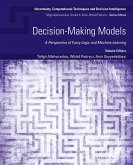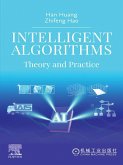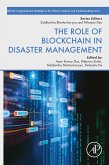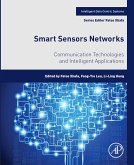This book provides a comprehensive view of how to formally specify and verify tricky floating-point algorithms with the Coq proof assistant. It describes the Flocq formalization of floating-point arithmetic and some methods to automate theorem proofs. It then presents the specification and verification of various algorithms, from error-free transformations to a numerical scheme for a partial differential equation. The examples cover not only mathematical algorithms but also C programs as well as issues related to compilation.
- Describes the notions of specification and weakest precondition computation and their practical use
- Shows how to tackle algorithms that extend beyond the realm of simple floating-point arithmetic
- Includes real analysis and a case study about numerical analysis
Dieser Download kann aus rechtlichen Gründen nur mit Rechnungsadresse in A, B, BG, CY, CZ, D, DK, EW, E, FIN, F, GR, HR, H, IRL, I, LT, L, LR, M, NL, PL, P, R, S, SLO, SK ausgeliefert werden.

